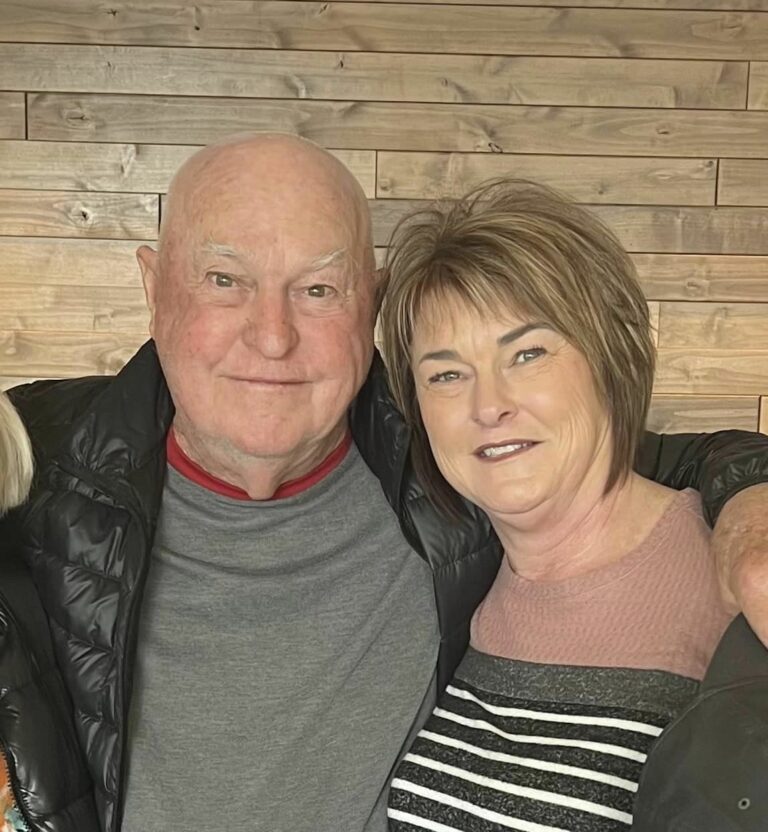
For many people, talking about mental health is a touchy subject. Baby Boomers grew up in a generation where you were expected to continue with life no matter how you felt. This minimizing of emotion can be troublesome for younger generations when they notice their parents or grandparents may be experiencing depression, grief, or anxiety. If you’re concerned about a senior loved one, here are some tips for talking about mental health:
Know the Facts
According to the Centers for Disease Control and Prevention, between 1 and 5 percent of older adults have major depression. This percentage increases to 13.5 percent in people who receive home healthcare and 11.5 percent for seniors who are hospital patients. The National Institute of Health noted that as many as 15 percent of older adults have anxiety. It’s essential to know the facts about these conditions but also understand that your senior loved one may be anxious or depressed without a clinical diagnosis. Individuals who have other major health issues such as dementia or Alzheimer’s disease, heart disease, cancer, or obesity are more likely to have anxiety and depression, so the person’s overall health may be an indicator of their likelihood of experiencing mental health troubles.
Find Senior Living Near Me
“Respect is the key to discussing mental health.”
Be Kind
Some people have difficulty bringing up mental health with their elders because they don’t want their loved ones to feel they are being disrespected. For many Baby Boomers, depression and anxiety are seen as signs of weakness, so asking them about these issues could come off negatively. The key here is to share your concerns without talking down to the senior. Ask the person how they feel and let them know you want to provide any assistance to promote overall well-being.
When you visit seniors in their assisted living community, note how the person is doing. Do they seem unkempt? Is there a pile of tissues that may indicate the person has been crying? Also, consider any triggers that may make the senior sad, such as the death of a friend or a particularly anxiety-inducing doctor appointment. These signs may help you determine if they are at a higher risk of mental distress.
Provide Resources
Talking about a senior’s feelings is the first step to encouraging good mental health. While you can listen and offer encouragement, there are limits to a regular person’s help. Depression and anxiety require professional assistance, and friends and family can help seniors locate resources they need, like psychologists, talk therapists, and other healthcare providers. Please speak with the assisted living community staff, as they may have a mental health practitioner who offers house calls to the location. Many such residences also offer groups like grief counseling, which may prove helpful if the senior is dealing with the loss of a loved one.
Never hesitate to offer your senior friend or relative resources regarding mental health. This move shows that you care and provide the individual with the information they may need, whether admitted or not.




